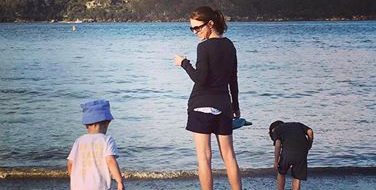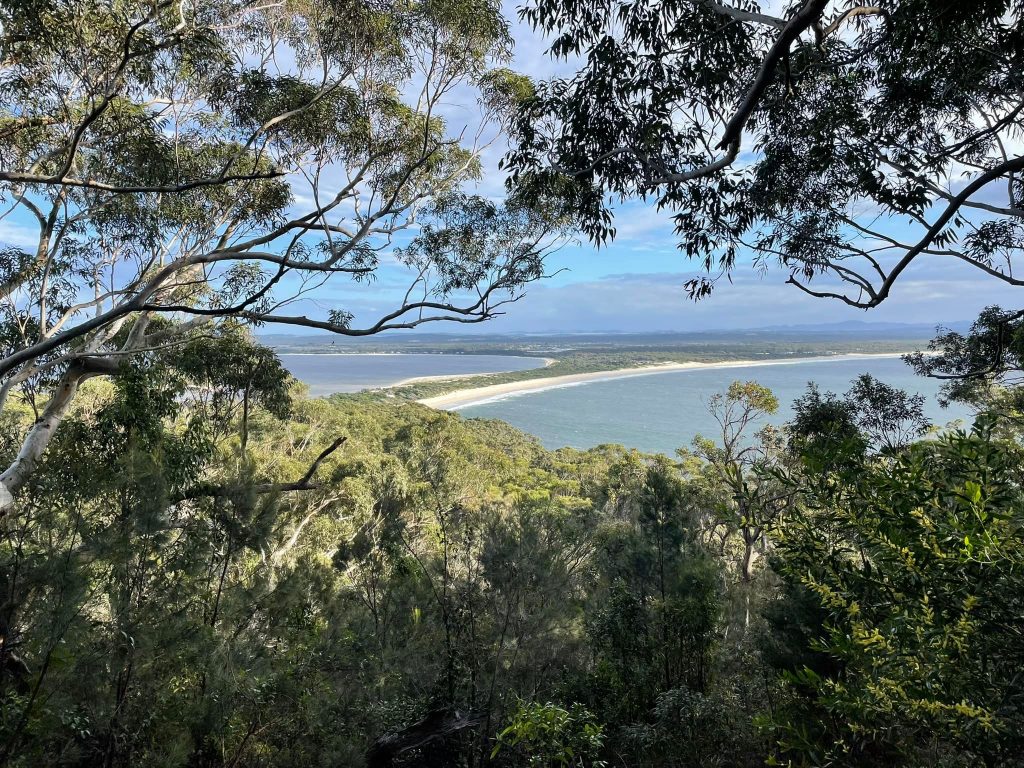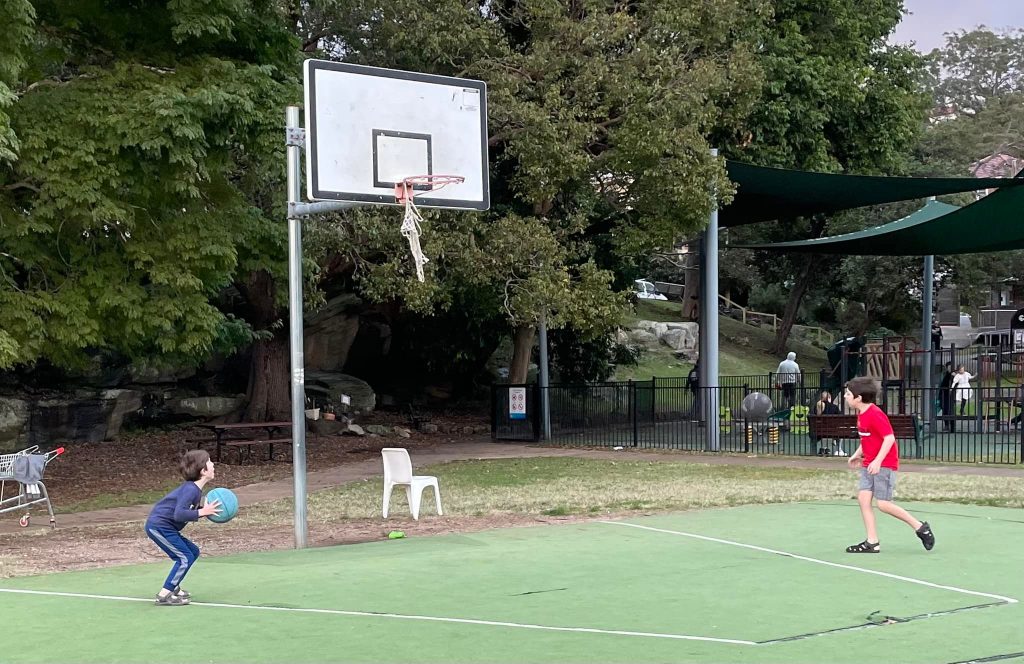I’ve been reading Bittersweet, and it has been at turns revelatory and affirming, just as Quiet was before it. Entering into our pain, and going a step beyond to make a creative offering of it, isn’t something our culture–even our genetics, often–gears us to do, but I am so here for it.
Longing, grief, brokenness, pain, sorrow–these are the black keys on the piano of life, the feelings that are more than feelings that we try to opt out of, avoid, because of their perceived negativity which is really just dimensionality–fullness. There is a weight to these states that must be grappled with; once encountered eye-to-eye, they can’t just be blown off. My nature, apparently, is to grapple. I am at home among these black keys, and the music they make is at first odd and mournful, and then, always, hauntingly beautiful.
It’s the odd and mournful part that comes first, though. And even if you’re willing to sit through that, not everyone around you will. Which is also fine with me, because I’m not a fan of crowds.
Last week at this time I was climbing a mountain. Or a hill. Or some inclined natural structure, one-point-five kilometres to its summit, the last third of which was, according to the sign warning/tempting me away, “unformed and steep.” Thoughts of ticks and snakes and dingoes and rapists (isn’t it fun being a woman? #blessed) pinging around my brain, I ascended, much of the time on all fours, pausing to turn back approximately two thousand times before arriving at the peak, sweaty and proud. It had only taken me about thirty minutes and forty-four years to get there.
There was a small town fifteen minutes from my son’s overnight school camp. There was three hours from our home in Sydney. There was a country of which I am now a citizen that happens to be ten thousand miles from another country of which I am also a citizen. There was through the wilds and glories of my son’s additional needs, brought to you by neurodivergence in the form of autism, and through the wilds and glories of my own additional needs, brought to you by anxiety and all the other little quirks of my own brain. There was a rental with two other friends who understand, and to some degree or other experience, all of this.
There was a spot on a mountaintop on a coastline filled with beauty I never would have seen had I not been forced onto those black keys my whole life, making music of a sort I’d never planned. There and here are the same now, this searing beauty always hand-in-hand with difficulty, difference, divergence. They are inextricable, and now I am inextricable from them.
The Kid made it through both days of camp and stayed with me at night, and this was neither disappointing nor perfect, but something beyond both–something called exactly how it should be. For him, right now. For us. For the minor keys we inhabit, the ones that require a bit of nimbleness because they aren’t each neatly beside each other but scattered about in their own pattern, producing a song that contains every note that matters.




